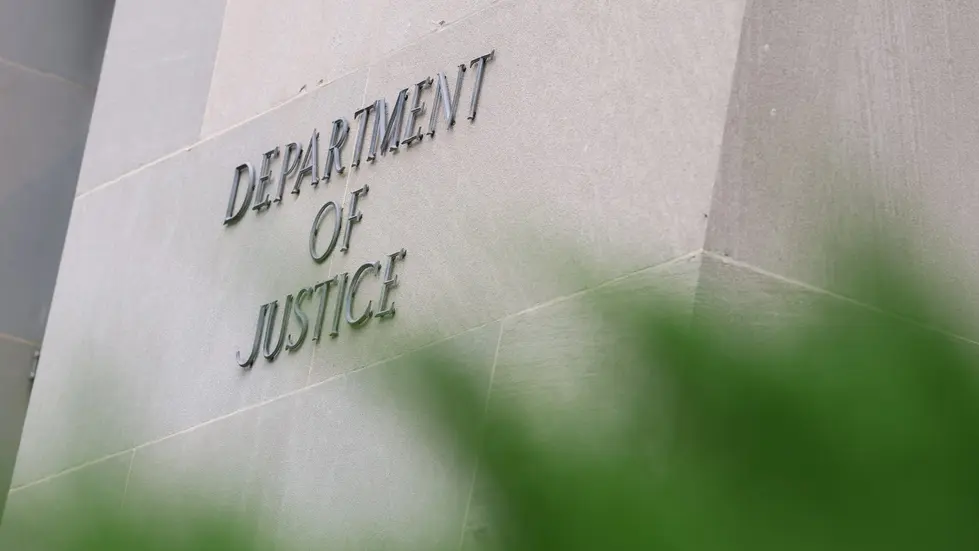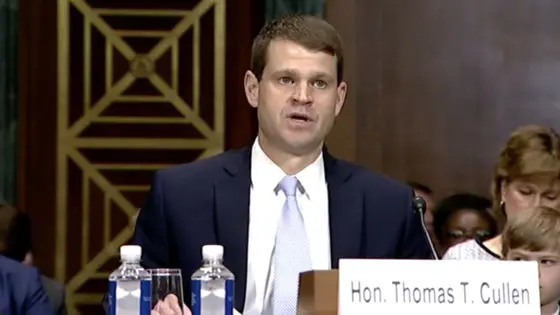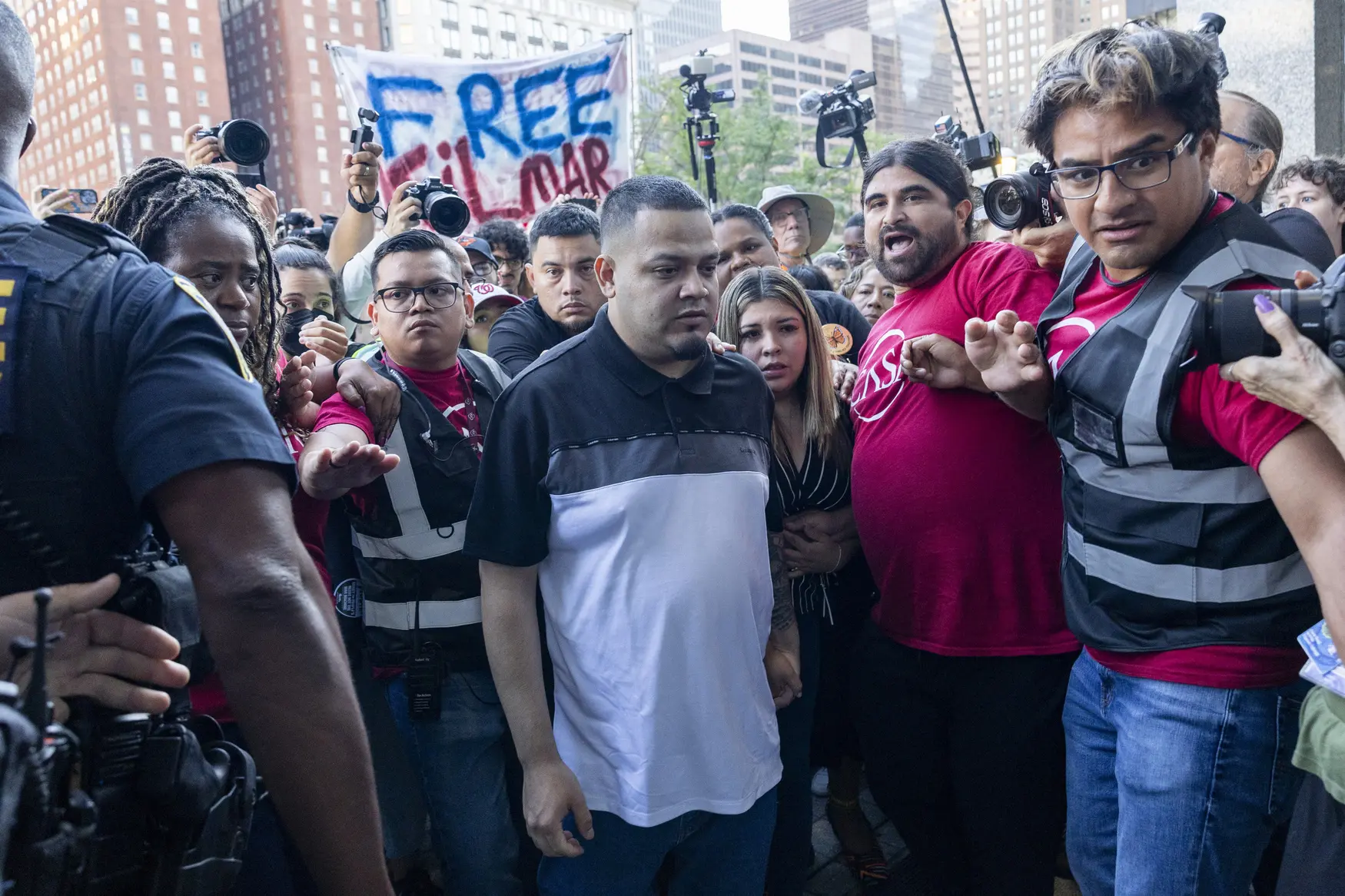T4K3.news
Judge dismisses DOJ suit against Maryland federal judges
A Virginia judge dismissed the Justice Department's lawsuit targeting Maryland's 15 federal judges over deportation rulings, citing precedent and the rule of law.

A Virginia judge dismissed the Justice Department's bid to sue Maryland's 15 federal district judges over deportation rulings.
Judge dismisses DOJ suit against Maryland federal judges
A federal judge in Virginia dismissed the Justice Department's lawsuit that named Maryland's 15 federal district judges as defendants in a dispute over deportation decisions. U.S. District Judge Thomas Cullen was specially assigned to oversee the case after the DOJ argued that Maryland judges exceeded their authority by imposing a 48 hour pause on deportations for migrants challenging detention orders. Cullen said the dispute involves the judiciary and the executive in a way that cannot be settled through a civil action against judges, and that normal avenues would involve appeals in specific cases or a request to change local rules.
Background to the case includes the deportation episode involving Kilmar Abrego Garcia, a Salvadoran national who was deported despite a court order but later returned to the United States and faced new charges. The Maryland bar association, several law firms, and 11 retired judges filed friend of the court briefs supporting the Maryland bench, while supporters of the DOJ argued the government should have stronger tools to regulate executive actions in immigration matters. The ruling leaves unresolved the broader question of how to balance rapid immigration policy with judicial protections and institutional integrity.
Key Takeaways
"To hold otherwise would run counter to overwhelming precedent, depart from longstanding constitutional tradition, and offend the rule of law."
Cullen on why the case cannot proceed against judges
"The executive branch seeks to bring suit in the name of the United States against a co-equal branch of government."
Paul Clement on the novelty of the suit
"A two-business-day extension is such a reasonable and brief period that I don't think it could frustrate any executive powers."
Philip Pro on the practicality of the timing
The ruling reinforces a core principle: the judiciary cannot be easily dragged into civil lawsuits by the executive as a way to challenge court actions. By upholding longstanding precedent, the decision protects the independence of the federal bench and limits collateral challenges to court rulings via broad lawsuits against judges. At the same time, it highlights the ongoing friction between speed in immigration policy and the checks and balances that govern how courts can be held accountable. The decision could nudge future disputes toward appeals or legislative oversight rather than civil suits against judges.
Observers see the case as a window into how political signaling shapes litigation choices. The absence of a courtroom remedy for executive concerns about court actions may push administrations to pursue other mechanisms, including rule changes or targeted challenges in higher courts. In this light, the ruling reads as a quiet reinforcement of judicial autonomy amid a highly charged policy area and a reminder that governance still works through established constitutional channels.
Highlights
- There really is no precursor for this suit
- These are not normal times regarding the interplay between the Executive and this coordinate branch of government
- A two-business-day extension is such a reasonable and brief period
- To hold otherwise would run counter to overwhelming precedent
Judicial independence and executive power under scrutiny
The ruling touches on sensitive political and legal questions about the balance of power between the executive and judiciary in immigration policy. It could prompt public debate and political reactions about accountability and oversight of federal courts.
Power stays with the branches, but the clock keeps ticking on tough questions about immigration and accountability.
Enjoyed this? Let your friends know!
Related News

Court dismisses Trump suit against Maryland judges

Bolton FBI raid tests line

Trump suit against Maryland judges dismissed

Judicial power under strain in Maryland clash

Judicial independence upheld in Maryland

Judge blocks Kilmar Abrego Garcia deportation

Trump administration files lawsuit against NYC over immigration policies

Abrego Garcia prosecution motion filed
